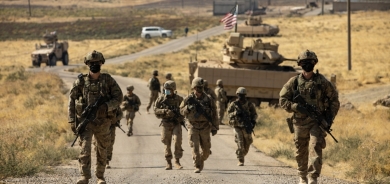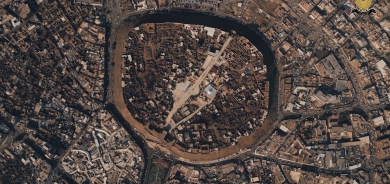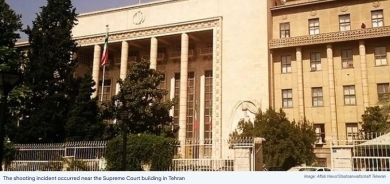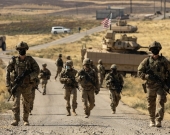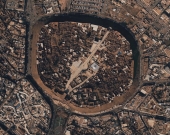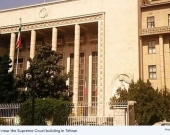Lynne Yelich opens trade office in Iraqi city Erbil

"Iraq is fighting against the perception that it is a country with little else other than challenges to address. Iraqis will be the first to admit that there are still challenges. But they will also tell you that there are big opportunities for businesses ready to help and ready to overcome these challenges," said Yelich.
"The new office signals Canada's commitment. The commitment to do even more business in Iraq and the Kurdistan region," she added.
Today marked the end of a three-day trade mission to Iraq that took Yelich to Basra in the south of the country, Baghdad and finally north to the Kurdistan region. This was Canada's first trade delegation to the country in 25 years.
Iraq has huge potential oil reserves, second only to those of Saudi Arabia. But two decades of war and international sanctions have left the country's energy infrastructure in a decrepit state.
$1 trillion for reconstruction
Yelich said the Iraqi government hopes $1 trillion will be invested in reconstruction efforts in the country.
"I certainly think that there is potential for Canada to get involved here in the construction," she added.
While central Iraq is wracked by a resurgence in violence, the Kurdish region is a relative oasis of calm. Iraqi Kurdistan is semi-autonomous. It has its own president, parliament and armed forces.
The government in Erbil has also worked hard to develop oil resources in its region, signing deals with international oil companies. This has been a source of tension with the central government in Baghdad.
Despite Canada's expertise in oil exploration and infrastructure, Kurdish officials were most interested in our farming expertise.
"We were all blind-sided by what they wanted to see. They wanted to see us help them develop their agriculture. They wanted to know how they can get their land back into production," explained Yelich.


